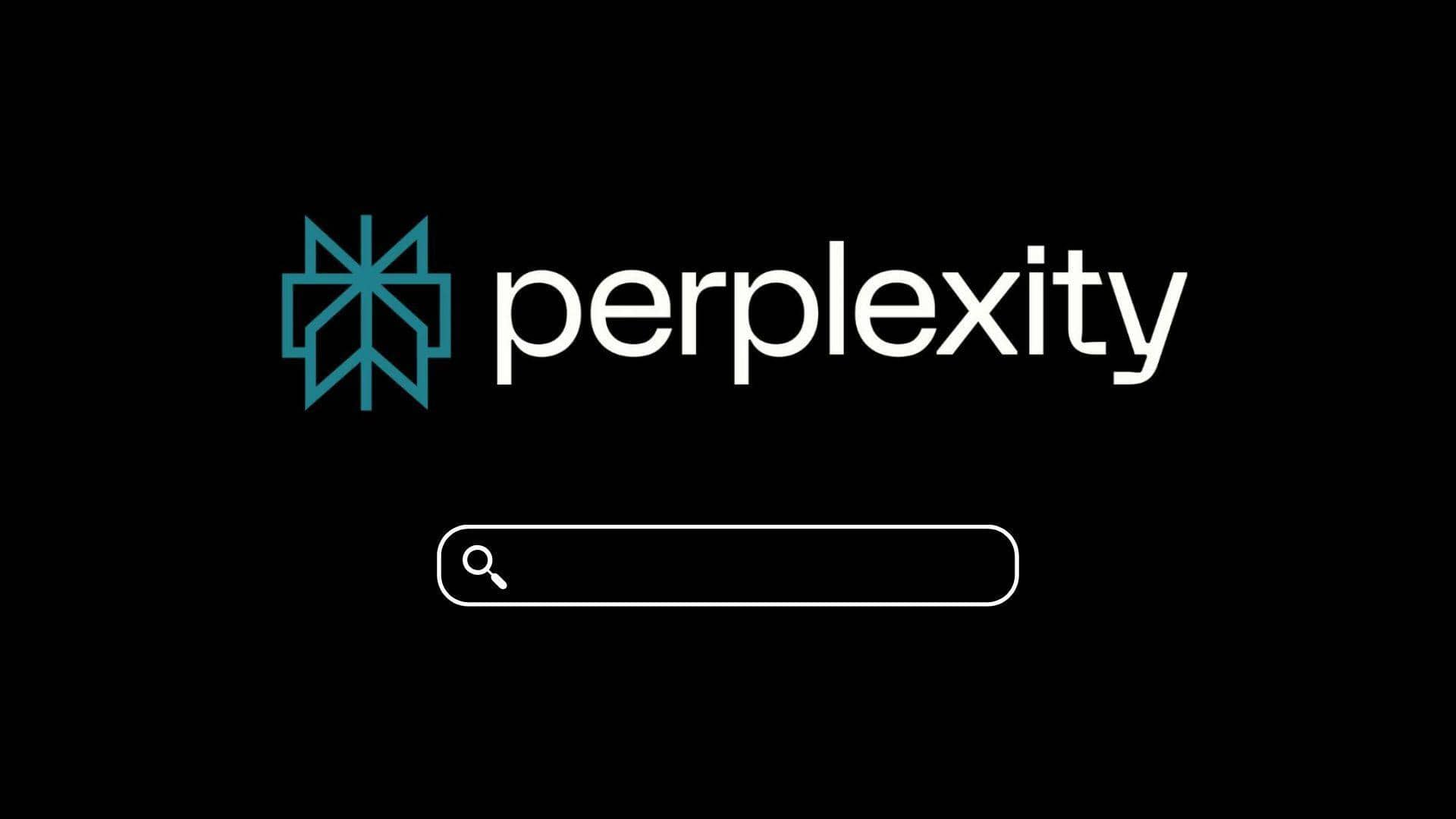
Why Perplexity has been sued by Merriam-Webster, Encyclopedia Britannica
What's the story
Merriam-Webster, the renowned dictionary publisher, and its parent firm Encyclopedia Britannica have filed a lawsuit against AI start-up Perplexity. The plaintiffs allege that Perplexity's "answer engine" product unlawfully reproduces their copyrighted content. The complaint also accuses the AI company of generating false or misleading information (hallucinations) that it incorrectly attributes to Britannica or Merriam-Webster.
Legal action
Plaintiffs seek monetary damages and injunction
The lawsuit, filed in a New York federal court, seeks unspecified monetary damages and an injunction preventing Perplexity from using their content. The filing states, "Perplexity's so-called 'answer engine' eliminates users' clicks on Plaintiffs' and other web publishers' websites—and, in turn, starves web publishers of revenue—by generating responses to users' queries that substitute the content from other information websites."
Allegations
Perplexity previously accused of copyright infringement
The complaint further alleges that "to build its substitute product, Perplexity engages in massive copying of Plaintiffs's and other web publishers' protected content without authorization or remuneration." This isn't the first time Perplexity has been accused of illegally using another website's content. Last year, The Wall Street Journal and The New York Post had filed similar copyright infringement claims against the AI company.
International claims
Similar lawsuits filed by media companies in Japan
Just last month, two Japanese media firms, Nikkei and the Asahi Shimbun, had also sued Perplexity on similar grounds. These cases highlight a growing trend of content creators taking legal action against AI companies over copyright infringement issues. The outcome of these lawsuits could have significant implications for the future of AI technology and its relationship with traditional content publishers.